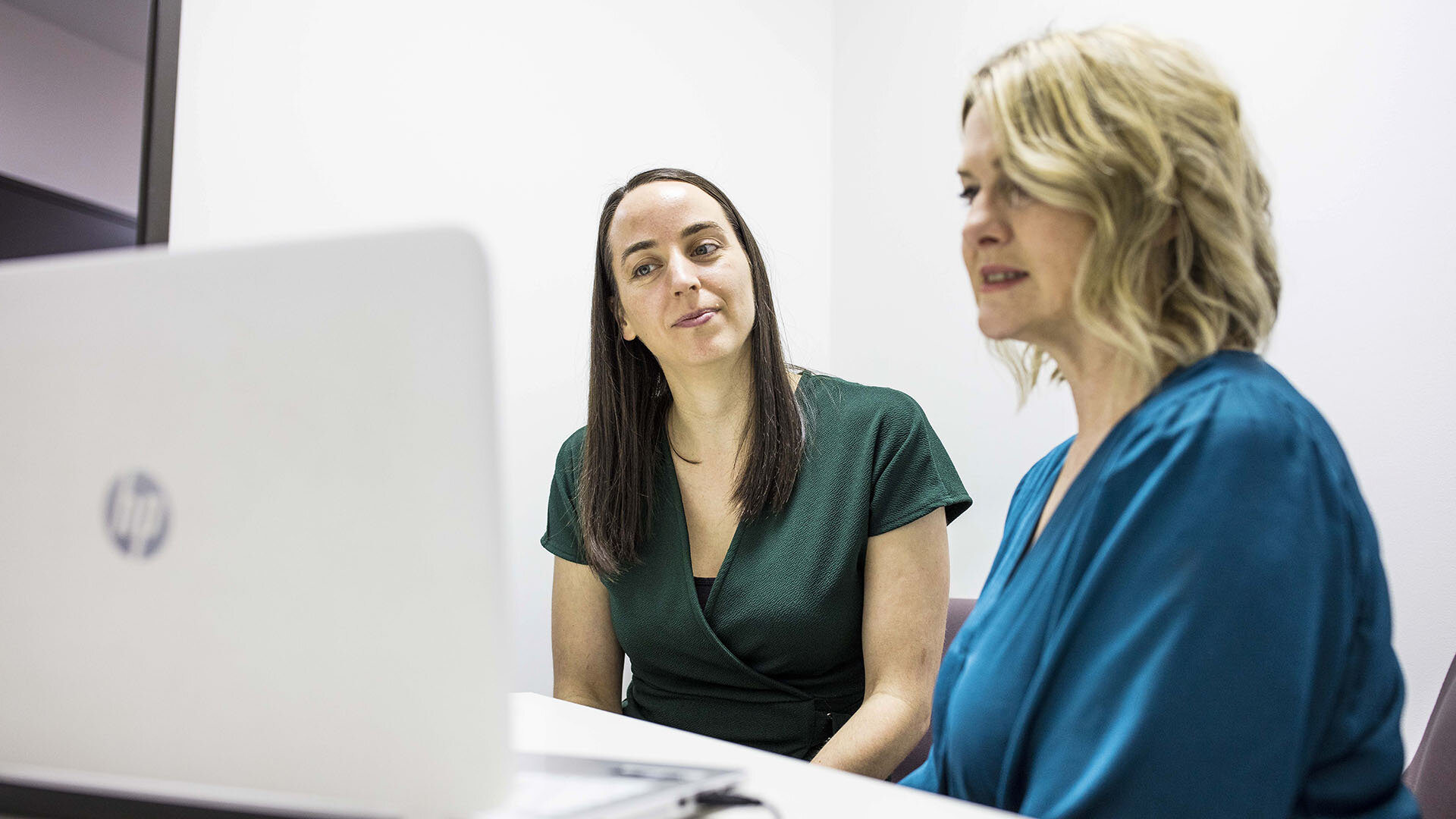Memory holds a special significance for all of us. We all have moments when we lose track of an item or a conversation or can’t recall the date of an upcoming appointment.
That moment of confusion, trawling back through our mind to join the dots and those feelings of frustration when the information we need seems to be just out of reach.
What most of us don’t know is how it feels to have that be a persistent part of our or a loved one’s existence and just how much it can impact every single aspect of daily living. Often people think about memory as one thing or a single system, but in actual fact, there are many aspects to memory. The two main systems are long-term and short-term storage.
Long-term memory
Memory for events that happened in the past, such as significant events from our childhood, our graduation, wedding day or trip of a lifetime are stored in long-term storage systems. It can be both a blessing and a curse that in the early stages of dementia, these memories often stay sharp and well-defined.
Short-term memory
It is the short-term storage system, and specifically the transfer of information from short-term to long-term that is affected in dementia. This transfer process is known as learning, and involves taking in new information and storing it so it can be successfully retrieved later. What this means is that for a new memory to be formed, it must first be properly encoded in short-term memory, a bit like writing files to a computer, and then transferred to long-term storage.
Signs of dementia
Although dementia describes a collection of symptoms caused by disorders that affect the brain, memory difficulties are often one of the early warning signs. As changes to the brain start to occur individuals living with dementia experience a combination of difficulties learning and storing new information. What can also happen is that although the information has been stored, it takes longer to retrieve it, leading to the “tip of the tongue” phenomena we all know so well. When you know someone’s name, but it takes that bit longer to retrieve it. The severity of these issues increases as an individual’s illness progresses.
The everyday impact of these difficulties is significant. From the husband at his wits end because his wife buys extra supplies every day at the shops, unaware the pantry is already overflowing. To the neighbours, who heartbreakingly ended their 25-year tradition of attending church together because of the stress and disorientation of not knowing which day was Sunday caused. To the daughter who feels intense guilt every time she screens one of her mother’s phone calls, knowing it is the 10th time she has called today.
The toll of dementia is enormous. In 2020, there is an estimated 459,000 Australians living with dementia. Without a medical breakthrough, the number of people with dementia is expected to increase to 590,000 by 2028 and 1,076,000 by 2058.
Treatment research
Globally research has galvanised, from lab-based scientists identifying molecules and targets for drug delivery to neuroscientists mapping connections in the brains of individuals with healthy ageing and cognitive decline. But sadly, there remain only very limited treatment options for dementia.
Professor Kate Hoy, who leads research into treatments for cognitive disorders at the Epworth Centre for Innovation in Mental Health (ECIMH), and her team is seeking to change this. Professor Hoy is passionate about investigating new approaches and that lead to better outcomes for individuals living with dementia. Her work builds on previous research that suggests changes to the way areas of the brain communicate may underlie cognitive difficulties in dementia. Professor Hoy is investigating techniques that specifically target and enhance brain communication, in an attempt to develop effective treatment approaches.
Brain stimulation, although it sounds futuristic, is one such a technique that has been investigated since the early 1980’s. Currently, the evidence-based for brain stimulation is mostly in mental health conditions such as depression, but it yields a promising approach for neurocognitive disorders such as dementia. Professor Hoy’s clinical research trials investigate a combination of brain stimulation tools, such as transcranial magnetic stimulation (TMS) and transcranial alternating current stimulation (tACS), as treatments for mild to moderate Alzheimer’s diseases, as well as mild cognitive impairment (MCI).
“There is an urgent need for the investigation of new approaches to treating dementia and we are hopeful that these trials will help us to progress novel treatment development. We are deeply grateful to everyone who has volunteered to take part, this work is simply not possible without them.”
To learn more about the research trials which include, in-clinic and home-based treatments, visit our recruitment page.
17 September 2021

